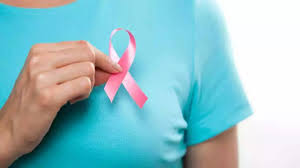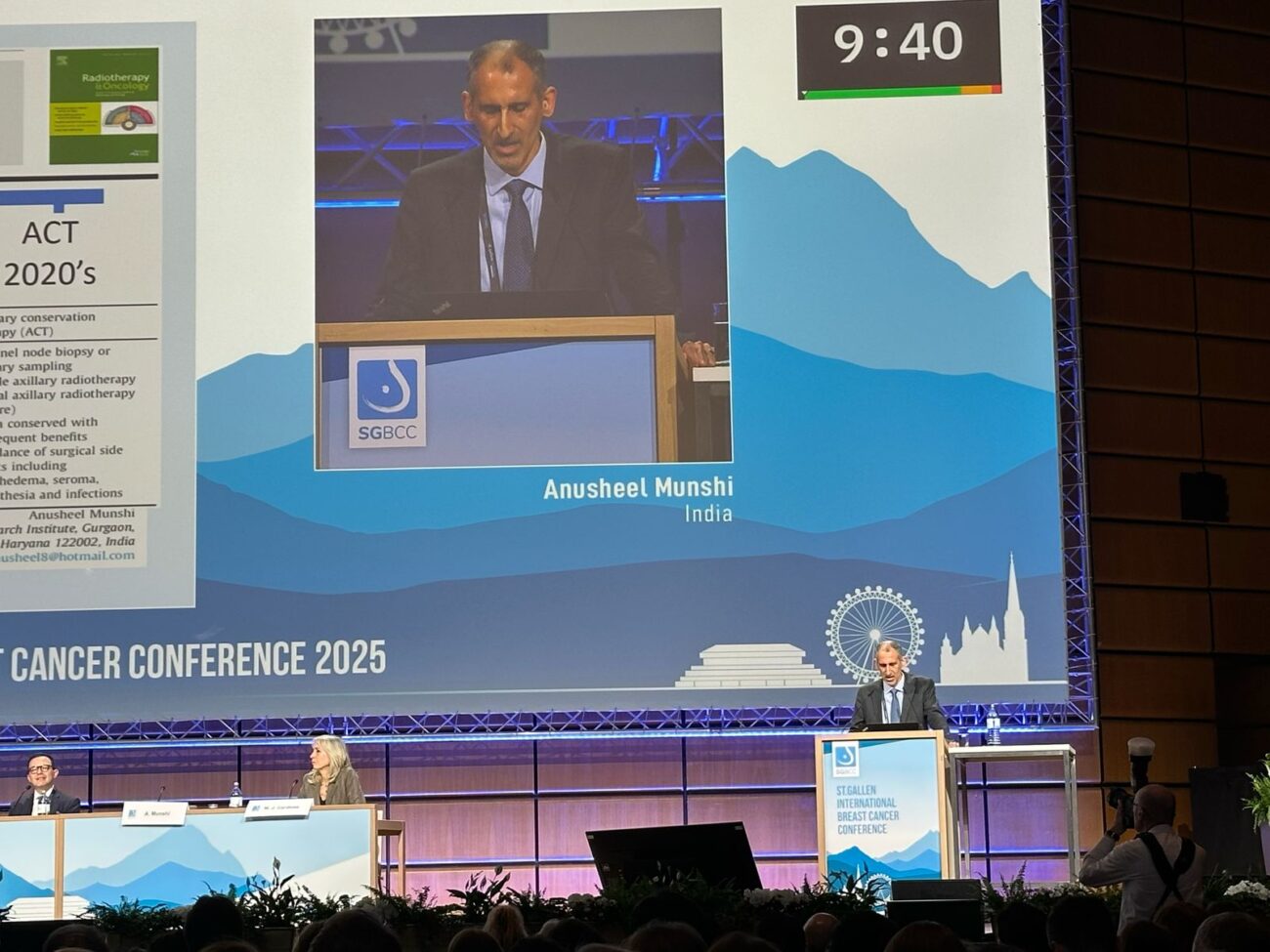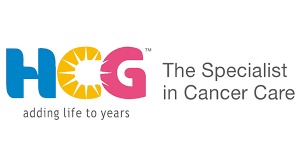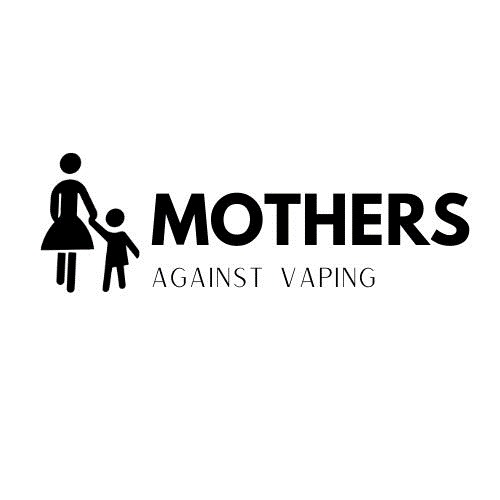Significant Increase in Breast Cancer Cases in India: An Annual Rise of 50,000 Expected Over the Next Decade
Recent studies indicate a concerning trend in India's healthcare landscape: the number of women undergoing treatment for breast cancer is projected to increase by 50,000 annually throughout this decade. This escalation is anticipated to impose

Recent studies indicate a concerning trend in India’s healthcare landscape: the number of women undergoing treatment for breast cancer is projected to increase by 50,000 annually throughout this decade. This escalation is anticipated to impose an average economic burden of $19.55 billion each year.
Study Insights
Published in a journal, the study titled “Economic Burden of Breast Cancer in India, 2000–2021 and Forecast to 2030” utilized data from the Global Burden of Disease (GBD) database. Employing an Autoregressive Integrated Moving Average (ARIMA) model, researchers analyzed past trends to forecast future prevalence. The study adopted a bottom-up approach to calculate direct costs, encompassing hospital visits, treatments, and follow-up care. Notably, the findings suggest that a significant majority of breast cancer patients in India encounter catastrophic health expenditures, with rural, economically disadvantaged, and agricultural households bearing the most substantial financial strains.
Expert Commentary
Dr. Denny John, Professor of Public Health at M S Ramaiah University of Applied Sciences and lead supervisor of the study’s methodology, remarked, “We haven’t taken into account the depreciating currency value and the costs at private healthcare setups. We also looked at treatment costs till 2021 due to limited data. So, the economic burden we are citing is an underestimation.”
Patient Perspective
Highlighting the financial challenges faced by patients, Ms. Kashaf Shaikh, diagnosed with triple-negative breast cancer in 2019, recounted spending ₹18 lakh at private hospitals for diagnosis, chemotherapy, radiation, surgery, and ancillary expenses. She acknowledged that family support was crucial in managing these substantial costs.
Implications for Healthcare Policy
The projected rise in breast cancer cases underscores the urgent need for comprehensive strategies to address both the medical and economic challenges posed by this disease. Enhancing early detection, expanding access to affordable treatment, and implementing supportive policies for affected households are critical steps to mitigate the impending burden on India’s healthcare system.






